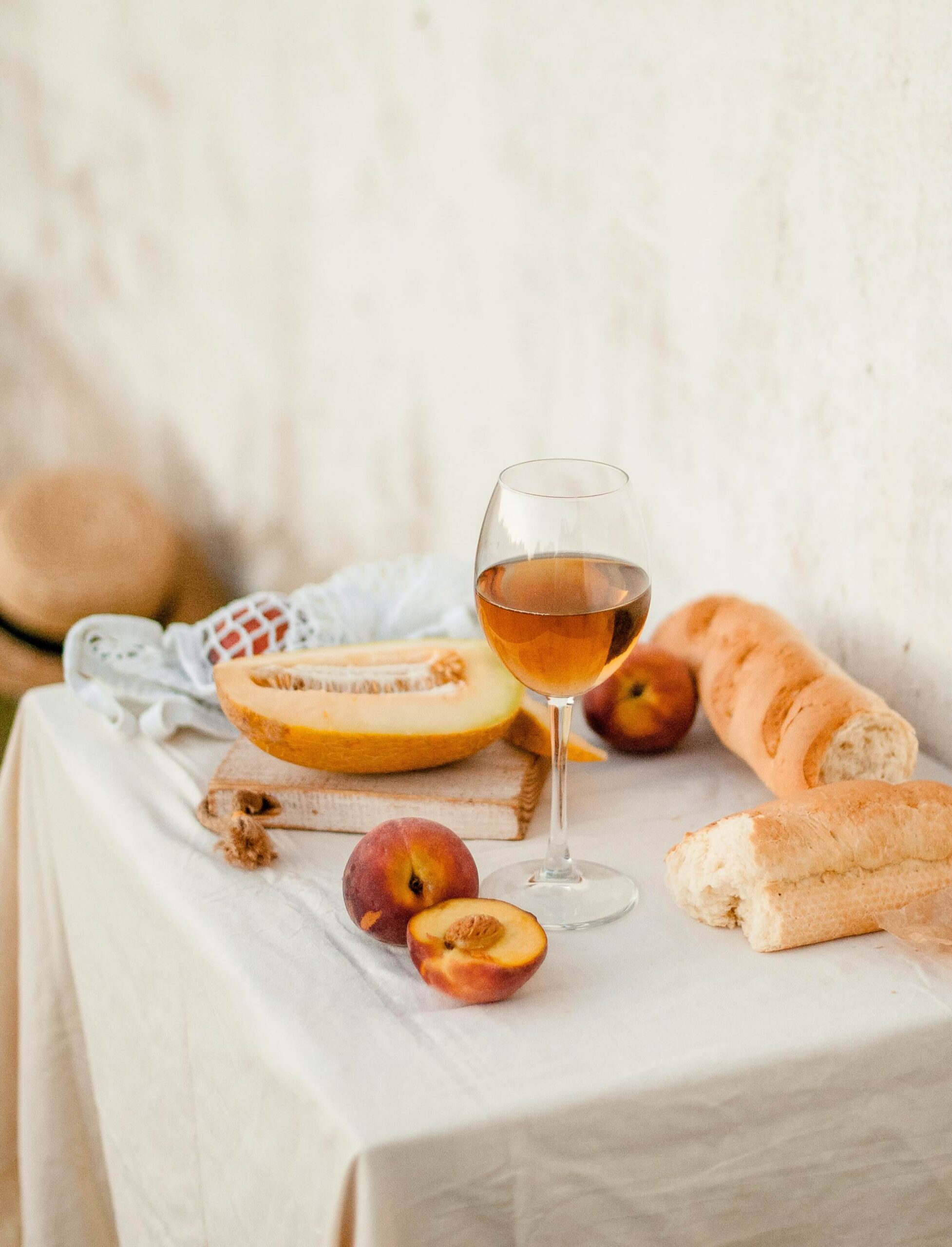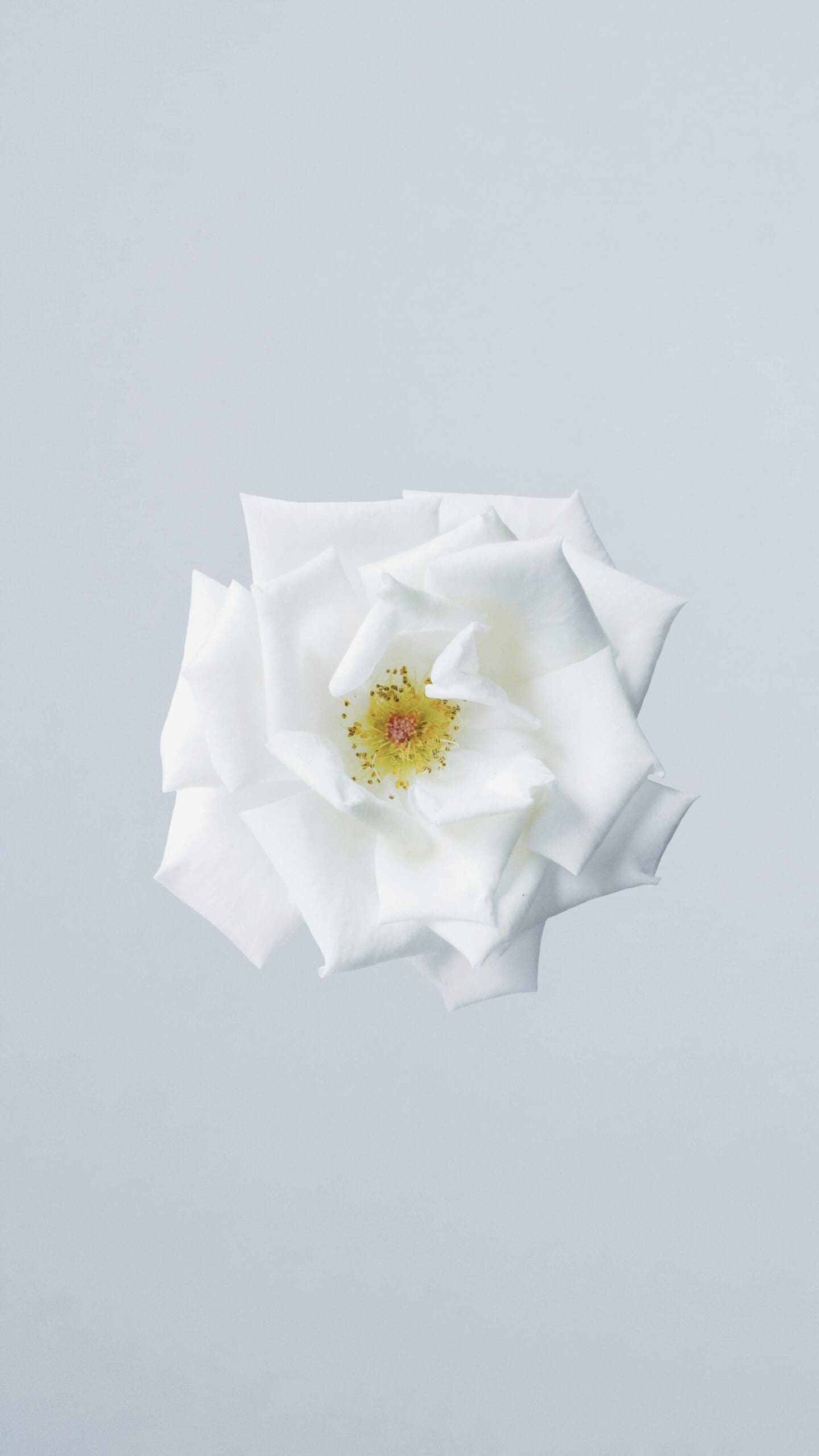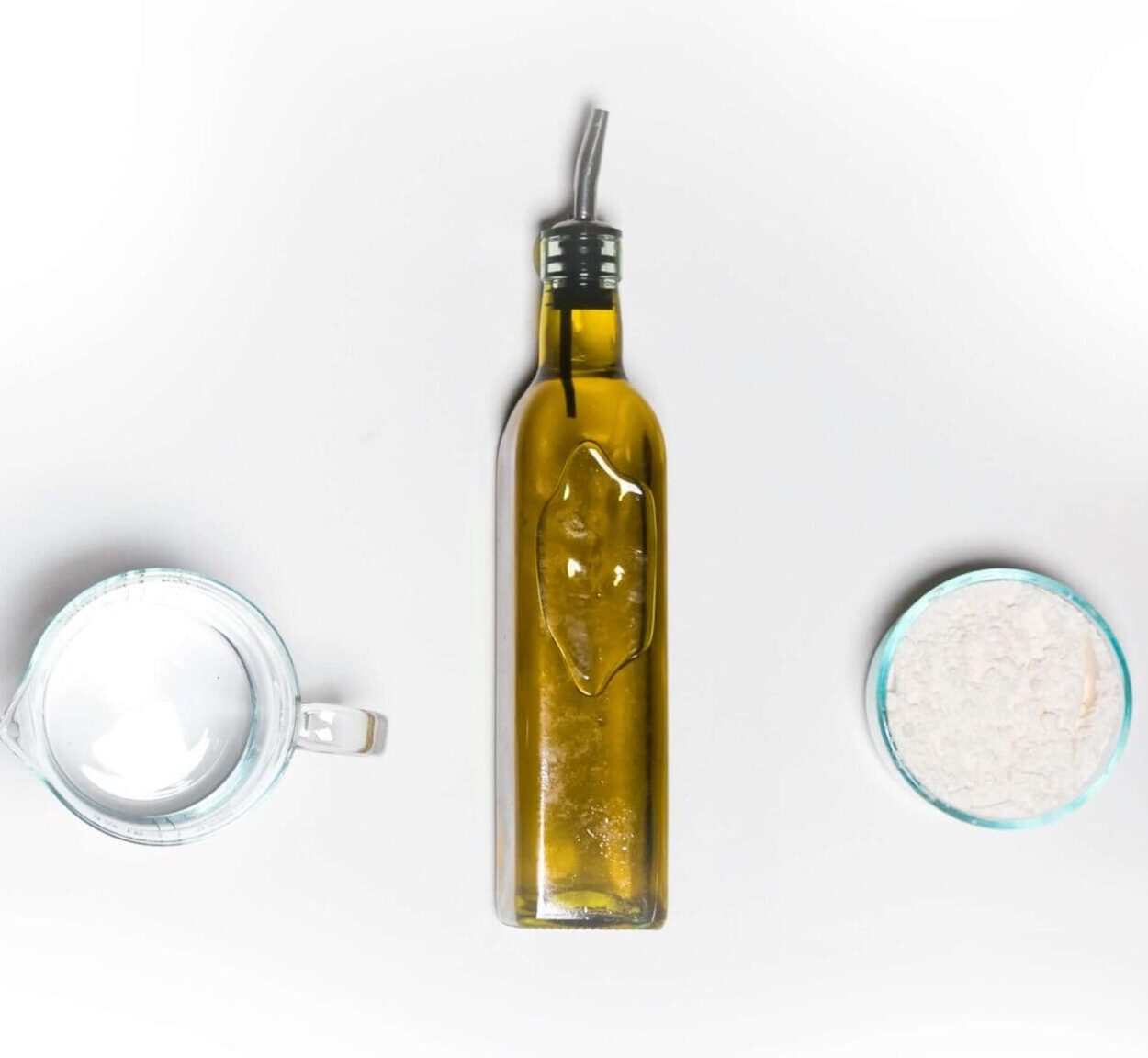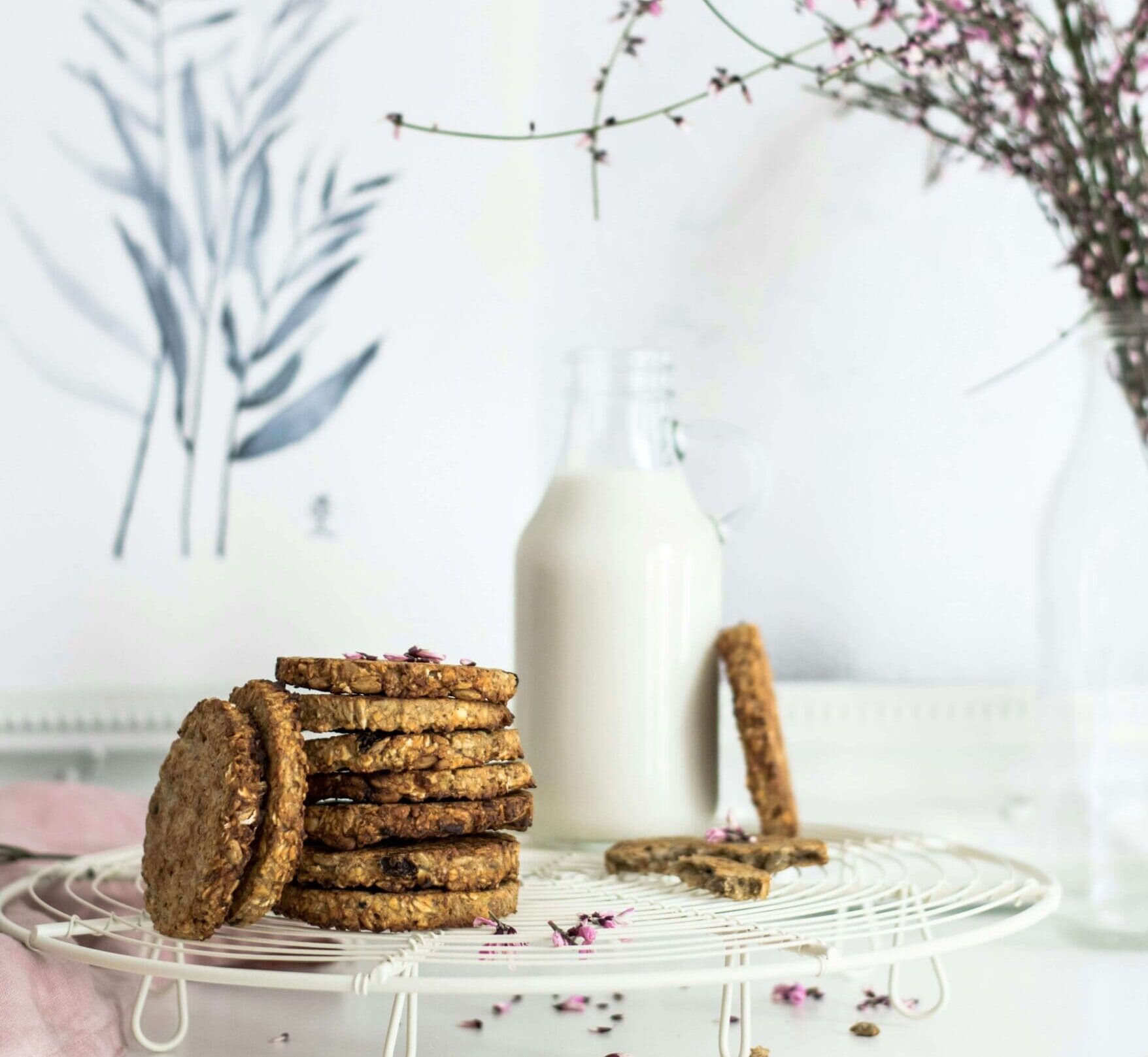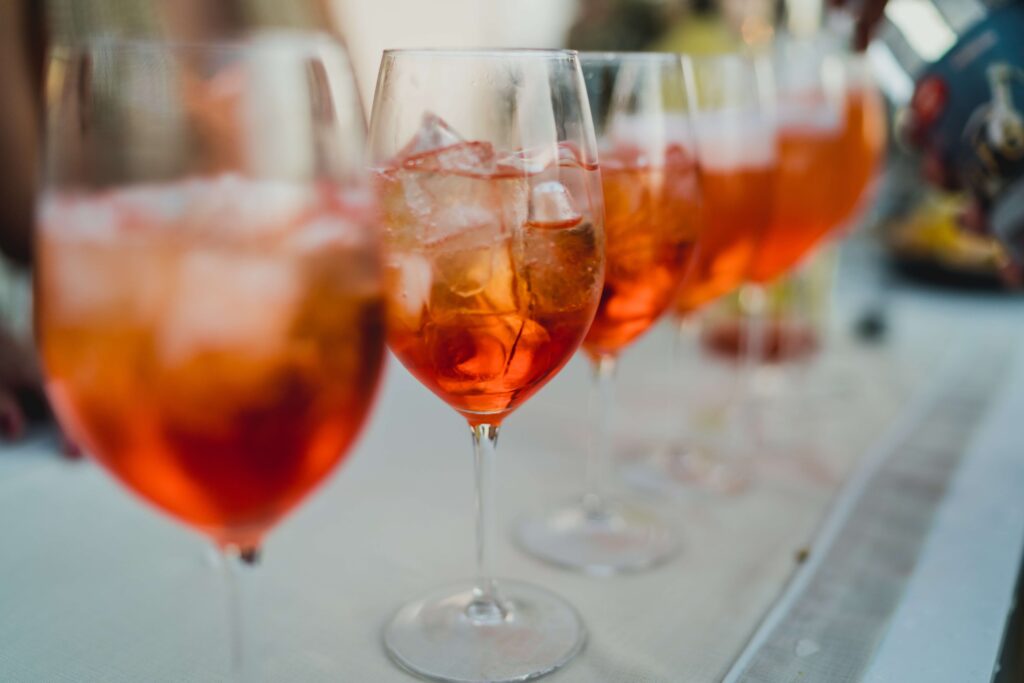
Introduction
Hello friends!
For many of us, summer is rapidly approaching, and we are looking forward to days lounging by the pool or visiting the beach. Beautiful, warm days call for refreshing beverages, but it may be a good idea to think twice about that margarita or mixed drink. When it comes to living a cancer prevention lifestyle, one of the best things you can do is eliminate alcohol from your diet! According to the World Cancer Research Fund (WCRF) and the American Institute for Cancer Research (AICR) even moderate consumption of alcohol can increase cancer risk for 6 different types of cancer.
- Colorectal
- Breast
- Esophageal
- Liver
- Stomach
- Oral (technically mouth, larynx and pharynx)
Alcohol is a Modifiable Risk Factor
Eliminating alcohol is one of the recommendations for a cancer protective lifestyle. In fact, it is even considered to be the third most modifiable risk factor, after smoking and excess fat tissue. The World Health Organization estimates that approximately 4-25% of cancers are from alcohol consumption. Although no amount of alcohol is recommended, even cutting back on frequency or portion size can seriously help to reduce your cancer risk.
Why is Alcohol a Carcinogen?
In 1988, alcohol was classified as a group 1 carcinogen, meaning that it is highly probable that it increases cancer risk. Although the exact mechanism is not well understood, there are some theories about how alcohol can increase cancer risk.
- Acetaldehyde, a by-product of alcohol metabolism, has the ability to damage cellular DNA. This could result in mutations that promote cancer cell growth.
- Alcohol can shuttle other carcinogenic materials into the cell.
- Alcohol can lower and reduce absorption of important nutrients.
- High amounts of alcohol can damage the liver, causing cirrhosis, a risk factor for liver cancer.
- Alcohol can increase estrogen levels, and subsequently, increase risk for breast cancer due to altered levels.
- Smoking and consuming alcohol can further increase cancer risk since the alcohol causes damage in the lining of the oral cavity, allowing carcinogens from tobacco to enter.
Anecdotal Evidence
There are some people who may argue that alcohol is fine since they personally knew someone who was an alcoholic and never had cancer. Unfortunately, this is considered anecdotal evidence, and it is not enough to form recommendations. Furthermore, it can cause people to engage in dangerous behaviors since they think “If this person did this and they’re fine, I will be too.” Just because someone else did something without consequences, does not mean the same will happen for you. I don’t want to tell you what to do, but I want you to be informed of the risks so that you can make educated decisions about your health.
What can you do?
If you are trying to cut back:
- Consume moderate amounts. This is considered to be 2 standard drinks for men or 1 standard drink for women. The amount is lower for a woman since the alcohol remains in the bloodstream longer, meaning that the organs are more exposed and the cells have a greater risk of damage.
- Have drink-free days.
- Savor it! If you decide to drink, make it last by sipping your drink slowly.
- Don’t “save up” for binge drinking on the weekends. This can be more damaging than moderate amounts throughout the week since your liver has to process that large amount in one sitting.
- If you feel awkward at a party not having a can of beer in your hand, hold water, another beverage (soda), or hold a beer, but just don’t drink it.
- Use smaller wine glasses/shot glasses/beer glasses at home to reduce portion size.
- Ask for smaller portions at restaurants and bars.
- If you drink as a way to calm your nerves, experiment with other activities that have a calming effect such as going for a walk, drinking hot tea, taking a warm bath/shower, reading a chapter of a book you enjoy, or putting on your favorite show.
- Alternate with a non-alcoholic drink (water) between alcoholic drinks
If you are trying to eliminate:
- Enjoy alcohol-free drinks like flavored water, tea, hot chocolate, juice, and mocktails (recipe below)!
- You may want to warn someone ahead of time that you are trying to eliminate alcohol so they don’t offer you any if you are going to a dinner party.
- If people pressure you to drink, try some of the following.
- “No thanks”
- “I’m trying to reduce my cancer risk/risk of recurrence.” – you can tell the truth, but you don’t have to, especially if you feel the other person won’t receive it well or will feel as though you are judging them for drinking.
- “I’m not really in the mood.”
- “Actually, I’m really craving this ________ drink right now.”
- “I’m driving.”
- “I decided to cut back a bit.”
- Surround yourself with other sober people. It can be hard to reduce your alcohol intake if all of your closest friends frequently drink alcohol at hangouts or go to bars/clubs.
- Suggest sober activities to friends like hiking, playing board games.
Morning Mocktail Recipe
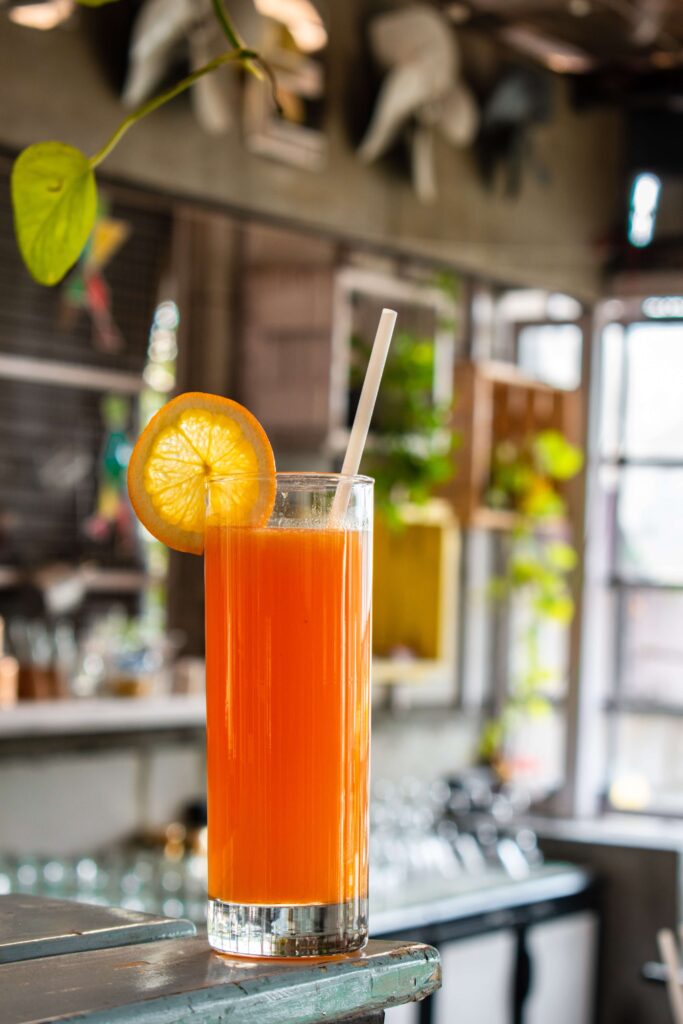
There are so many fun sober beverages to try. Of course you can have plain juice or another drink, but mocktails are a fun little way to still get the mixed drinks without ANY of the alcohol. What’s so great about them is they really are so customizable. You can use whatever juice you like, something fizzy, something extra for flavor, and BAM! You have a beautiful beverage you can enjoy in the hot sun that won’t leave you with a hangover. Yes please!
Ingredients
- ½ cup of sparkling water (I’ve been enjoying Olipop lately!)
- ½ cup of juice (orange juice)
- 1 tsp of grenadine
- Orange, sliced (optional)
Directions
- Mix all the ingredients in the glass.
- Garnish with a sliced orange on the side of the glass
Wrap-Up
In closing, whether or not you choose to drink is up to you, but if you want to reduce your cancer risk, cutting back can be beneficial. Have compassion for yourself, and if you decide to cut alcohol out, stick to your decision and don’t allow others to pressure you to do otherwise.
New Challenge Alert! From May 24th-June 8th, 2023 I will be giving 15 daily challenges in 15 days to reduce your risk for cancer! When you join, you will be added to a private Facebook group where you will be held accountable and cheered on as you complete your challenges. These challenges are for everyone (no matter what stage you’re in), and the winner gets an awesome surprise! Since you’re early, you can get $20 dollars off this program! Click here to join!
References
- No level of alcohol consumption is safe for our health. World Health Organization. January 4, 2023. Accessed May 12, 2023. https://www.who.int/europe/news/item/04-01-2023-no-level-of-alcohol-consumption-is-safe-for-our-health.
- Anderson BO, Berdzuli N, Ilbawi A, et al. Health and cancer risks associated with low levels of alcohol consumption. The Lancet Public Health. 2023;8(1). doi:10.1016/s2468-2667(22)00317-6
- Alcohol and cancer risk: The latest research. American Institute for Cancer Research. July 14, 2020. Accessed May 12, 2023. https://www.aicr.org/news/alcohol-and-cancer-risk-the-latest-research.
- Limit alcohol to reduce cancer risk. American Institute for Cancer Research. December 14, 2022. Accessed May 12, 2023. https://www.aicr.org/cancer-prevention/recommendations/limit-alcohol-consumption/.
This blog is not intended as medical nutrition therapy, medical advice, or diagnosis and should in no way replace consultation or recommendations from your medical professional.
